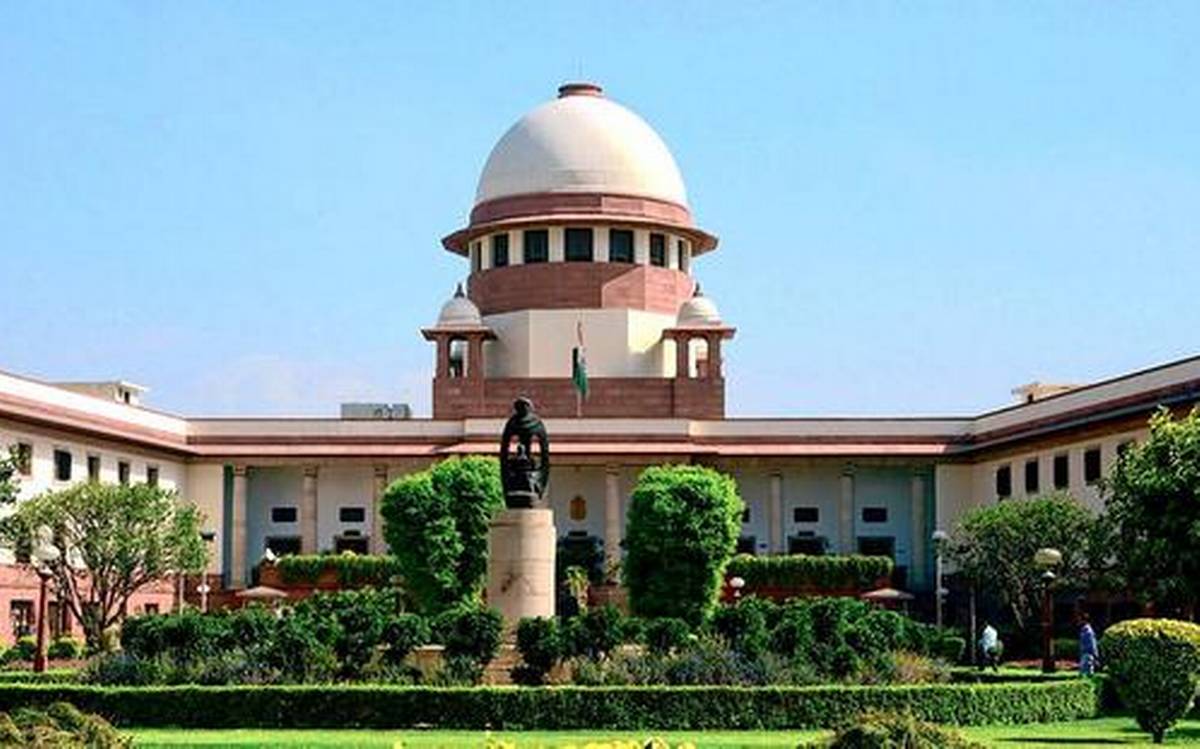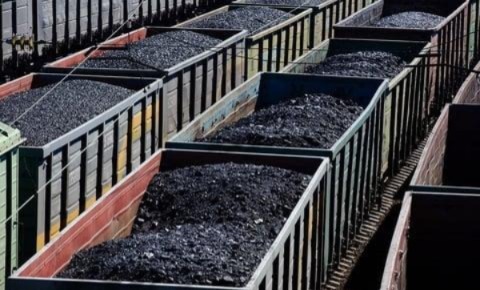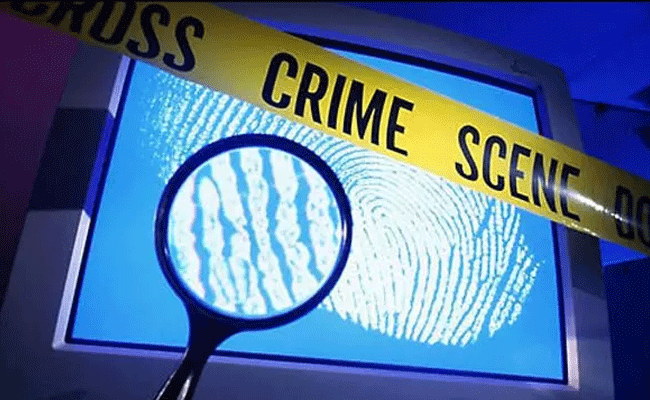New Delhi, Oct 12: The Supreme Court Wednesday directed no citizen can be prosecuted under section 66A of the Information Technology Act, 2000, which it had scrapped way back in 2015.
Under the annulled section, a person posting offensive content could be imprisoned for up to three years and also fined.
Underlining that liberty of thought and expression is of "cardinal" significance, the top court had on March 24, 2015 done away with the provision, saying "the public's right to know is directly affected by Section 66A of the Information Technology Act".
A bench headed by Chief Justice U U Lalit said in all cases where citizens are facing prosecution for alleged violation of section 66-A of the Act, the reference and reliance upon the said provision shall stand deleted.
"We direct all Director General of Police as well as Home Secretaries of the states and competent officers in Union Territories to instruct the entire police force in their respective states/Union Territories not to register any complaint of crime with respect to alleged violation of section 66A," said the bench, also comprising Justices Ajay Rastogi and S R Bhat.
The top court clarified that this direction shall apply only with respect to offence punishable under section 66A, and if in the crime in question, other offences are also alleged, then the reference and reliance upon section 66A alone shall be deleted.
The bench observed the counsel appearing for the Centre has placed on record an all-India status report with regard to pending cases under section 66A.
It observed the information given in a tabular form does suggest that despite the issue regarding the validity of section 66A of the Act having been decided by the apex court, a number of criminal proceedings still rely upon this provision and citizens are still facing prosecution.
"Such criminal proceedings, in our view, are directly in the teeth of the directions issued by this court in Shreya Singhal vs Union of India (March 2015 judgement) and consequently, we issue following directions .," the bench said.
"It needs no reiteration that section 66A of the 2000 Act has been found by this court in Shreya Singhal vs Union of India to be violative of the Constitution and as such, no citizen can be prosecuted ....in said section 66A," it said.
The bench also said whenever any publication, whether government, semi-government and private, about the IT Act is published and section 66A is quoted as part of the statute book, the reader must adequately be informed that section 66A has already been pronounced upon by the apex court to be violative of the Constitution.
Calling a "matter of serious concern" the registration of FIRs under section 66A of the Act which was scrapped in 2015, the apex court had last month asked the chief secretaries of the states concerned to take back the cases within three weeks.
The bench was hearing a miscellaneous application of NGO 'People's Union for Civil Liberties' (PUCL) alleging prosecution of people under the scrapped provision.
The NGO claimed that despite express directions of the court in 2019 that all state governments sensitise police personnel about the March 24, 2015 judgement, thousands of cases have been registered under the section.
It sought direction to the Centre to collect all data/ information regarding FIRs/investigations where section 66A has been invoked as well as pendency of cases in the courts throughout the country where proceedings under the provision are continuing in violation of the 2015 judgment.
On February 15, 2019, the top court had directed all state governments to sensitise their police personnel about its March 24, 2015 verdict, which had scrapped section 66A of the Act, so people are not unnecessarily arrested under the struck-down provision.
The first PIL on the issue was filed in 2012 by law student Shreya Singhal who sought an amendment to section 66A of the Act after two girls - Shaheen Dhada and Rinu Shrinivasan - were arrested in Palghar in Maharashtra's Thane district.
While one had posted a comment against the shutdown in Mumbai following Shiv Sena leader Bal Thackeray's death, the other had 'liked' it.
PUCL was also one of the petitioners in the earlier case and had challenged the constitutional validity of Section 66A of the Act.
Let the Truth be known. If you read VB and like VB, please be a VB Supporter and Help us deliver the Truth to one and all.
Shillong (PTI): As the Meghalaya High Court pulled up the state government over the disappearance of over 4,000 tonnes of coal, a minister on Monday claimed that heavy rain in the state might have washed it away.
The high court has directed the state government to take action against officials under whose watch the coal went missing.
Speaking to reporters, Excise Minister Kyrmen Shylla said, "Meghalaya receives the highest rainfall. You never know... because of rain, the coal might have swept away. Chances are very high."
The high court had on July 25 pulled up the state government over the vanishing of coal from Rajaju and Diengngan villages and instructed it to trace those responsible for lifting the coal illegally.
The minister, however, clarified that he was not trying to justify the disappearance, and admitted there was no conclusive evidence yet to determine whether the loss was due to natural causes or any illegal activity. "I cannot blame just the rain. It could be or it could not be. I really don't have any kind of details," he said.
He asserted that any activity related to coal mining or transportation must be done in accordance with the law and that authorities must ensure illegal practices are curbed.
On allegations of ongoing illegal coal mining and transport in the state, Shylla said concrete evidence was needed to establish such claims and that multiple departments were responsible for monitoring such activities.
"But I believe that our people, if it is for survival, might do it illegally... otherwise nobody wants to do anything that can harm the state," he said.
He expressed optimism that people would abide by the law, especially after the government's announcement of scientific mining.
"We all are happy to welcome it, and we want to see the light of day with this. I believe our people will not do anything that gives the court or law a chance to point fingers at us," he added.
The ban on coal mining and transportation in Meghalaya was imposed by the National Green Tribunal (NGT) in 2014, citing rampant unregulated and unsafe mining practices, especially the controversial 'rat-hole' mining technique prevalent in the state.
The tribunal's order came in the wake of mounting concerns over environmental degradation, water contamination, and frequent fatalities in the hazardous mines, particularly in East Jaintia Hills.
On a separate note, the minister also responded to complaints over the dust and debris caused by the ongoing construction along National Highway 6 in East Jaintia Hills, saying, "I appreciate this government for the initiative. For now, it is difficult, but once everything is completed, we will enjoy the benefits."



